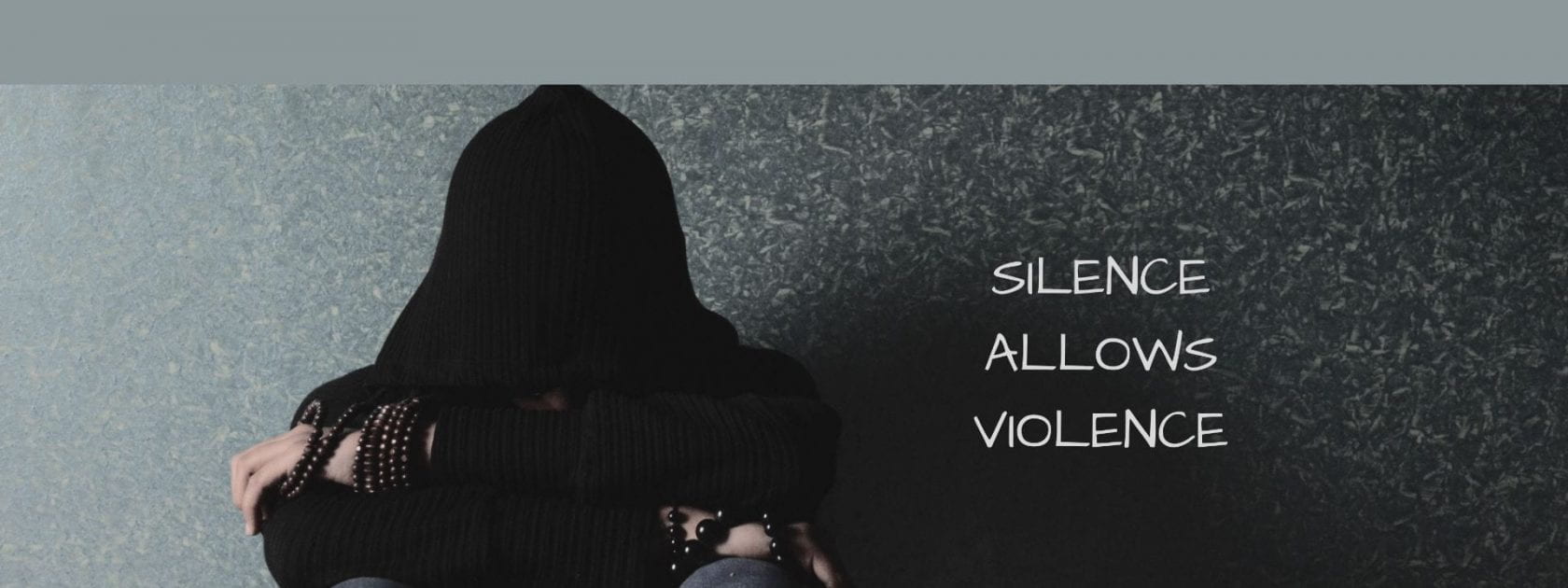COVER-CSA: A study on Canadian Online Victimization Experiences and Reflections with regards to Child Sexual Abuse
Lead Researcher: Abigail Mitchell

COVER-CSA is a research project being undertaken by Abigail Mitchell for her Sociology PhD dissertation at the University of Guelph. COVER-CSA is a national, mixed-methods study examining the cybergrooming and internet-facilitated child sexual abuse (IFCSA) experiences of Canadian women and people assigned female at birth (AFAB) between the ages of 18 and 35. Cybergrooming is the process by which a sexual predator conditions a minor to be receptive to sexual activity using an electronic medium (cell phones, chat sites, email, etc.). IFCSA is the sexual exploitation of a minor by an adult using the internet; this could include the creation of child sexual exploitation materials (CSEM) using a webcam, engaging in sexual activity with a minor over the internet, or exposing a minor to sexual material over the internet.
Recent Canadian studies found that between 2014 and 2020, there were over 10,000 police-reported cases of IFCSA in Canada, and recent U.S. studies have shown that cybergrooming and IFCSA impact approximately 35% of young people. Cybergrooming and IFCSA are known to disproportionately impact young girls, with most offenders being adult men. In order to know the extent of the cybergrooming/IFCSA problem in Canada, it is essential to collect self-reported data, as sexual crimes such as cybergrooming and IFCSA go drastically underreported to police services. It is also important to assess how victims have been impacted by their victimization experiences, so that services and accommodations may be put in place to help them cope with their victimization. Speaking with adults who experienced cybergrooming/IFCSA during their youth enables this study to assess both the short-term and long-term impacts of these crimes.
The questions this study will address are:
- What personal and/or social factors (e.g., socioeconomic status, mental illness, adverse childhood experiences) are correlated with cybergrooming/IFCSA?
- How are Canadian women and AFAB people impacted by their cybergrooming/IFCSA victimization?
- How do Canadian women and AFAB people make sense of their historical cybergrooming/IFCSA victimization?
- Do they see what occurred to them as victimization?
- What services did they access to address their victimization?
- What services do they believe would have helped them address their victimization, but they have not accessed?
This study will be conducted in two phases: a survey and an interview. The survey will confidentially collect demographic information, data on participants’ mental health history, internet use habits, and prior cybergrooming/IFCSA victimization experiences. Participants identified as having experienced cybergrooming/IFCSA during their youth will be eligible to voluntarily participate in a semi-structured interview, where they will be asked about their victimization experiences and how they see their experience now, how they were impacted by that experience, and what services they believe would help them cope, either immediately following their victimization or now as adults. The data from each phase will be analyzed, integrated, and used to answer the research questions. This research is being supervised by Myrna Dawson.



